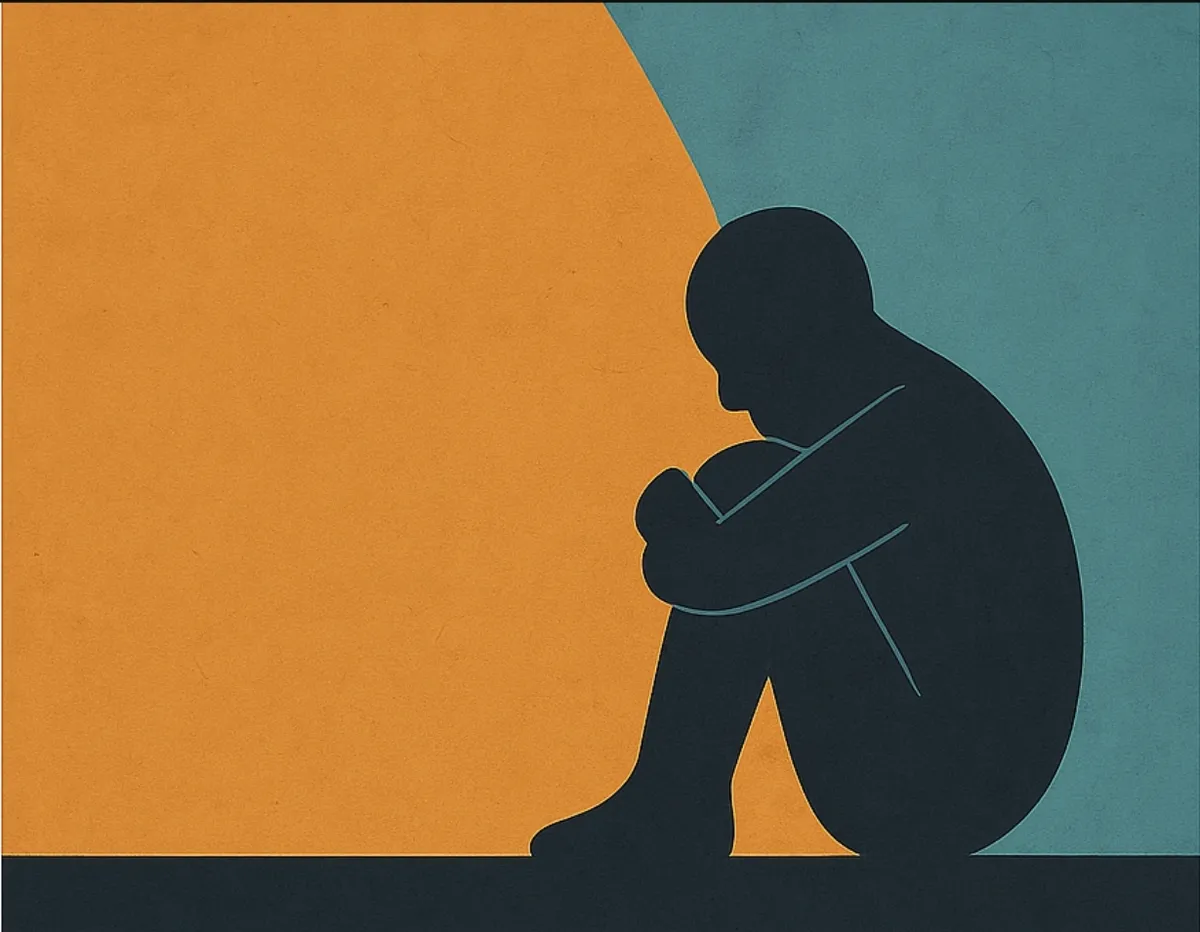Solitude is a Reaction, Not a Symptom

A recent study in the International Journal of Social Psychiatry explored how solitude, social connection, and quality of life relate to autism. The paper — “Solitude, connection with society, low quality of life in relation to autism spectrum disorder” — was published online in SAGE Journals. The authors found that autistic adults were significantly less likely to view connection with others as important to a good life — and more likely to describe their own quality of life as low.
From those two facts, a familiar narrative emerges: autistic people want less connection and suffer more for it. The implied conclusion? Their lack of social motivation contributes to their reduced wellbeing.
But what if we asked a different question:
Is solitude a symptom — or just a difference misunderstood?
This is where research can stumble, even when the data is solid. The findings are framed through a neurotypical lens: more connection equals more happiness. Fewer friendships must mean something is missing. But autistic people have said, again and again, that solitude can be sustaining — not isolating. That sensory peace and cognitive space aren’t second-best. That connection matters, yes — but not always in the expected forms, frequencies, or venues.
From my perspective, there is a glaring hole in this study. The reactions of autistic people are more than just loneliness. We are having to choose solitude — unhappily — because we are being forced to resist a social world that doesn't make any room for us.
The paper doesn’t include autistic co-authors. That’s not a personal criticism — it’s a pattern. And it matters, because without lived experience at the table, even well-meaning research can reinforce myths. A preference for solitude isn’t a problem to solve. And a lower quality-of-life score may reflect access barriers, not a broken brain.
There’s something useful here — but it needs context.
If autistic people report low quality of life, we should ask why. But if we start from the assumption that it’s because they don’t socialize enough, we’re not listening. We’re pathologizing peace and calling it pain.
Not everyone wants the same kind of life. And not everyone should have to.
Update:
Many thanks to Starbreaker for linking to this post and expanding the conversation. It’s always humbling to see these words find resonance in someone else’s world.